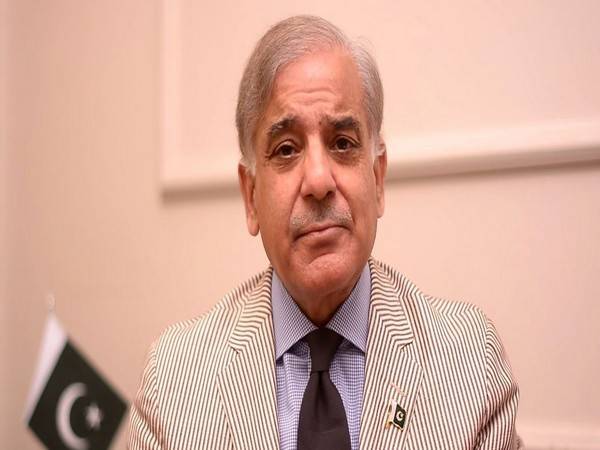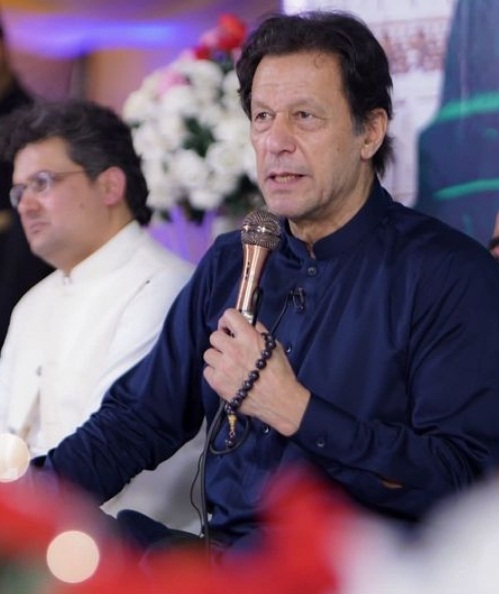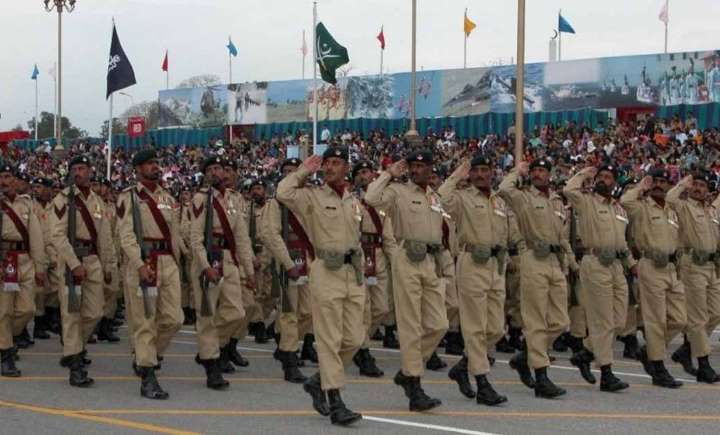The last few weeks have witnessed a clash between the top judiciary and the government that controls the National Assembly. Bills challenging the judiciary, particularly restricting the powers of the Chief Justice of Pakistan, have either been returned by the President or upturned by the Supreme Court. The top court is polarized into groups … writes Dr Sakariya Kareem
Already embroiled in what its analysts call a ‘poly-crisis’ for the past 13 months at least, Pakistan stares at its worsening in the coming months, end-2023 and beyond, with its governing institutions and forces that occupy them working at cross-purpose to the nation’s detriment.
Taking the economic stress first, the much-needed bailout from the International Monetary Fund (IMF), delayed by seven months now, is not in sight. Pakistan could default on its debt servicing, inviting further restraints. Meanwhile, inflation, hovering between 26 per cent and 36, could worsen people’s daily needs like wheat flour is getting beyond the reach of even the middle classes.

Political instability triggered by the no-confidence vote in the National Assembly that led to the Imran Khan Government’s fall in April 2022, has worsened. It will persist till general elections are held. Holding them early is Khan’s principal demand. The National Assembly’s life is till August this year. A decision may be taken only after the annual budget is passed in the third week of June. The National Assembly will complete its term in the second week of August, and if the government and the opposition fail to schedule the next general elections, a constitutional controversy would emerge.
But the outcome of the elections also may not resolve any of the basic causes of confrontation. Since 2013 at least, Pakistan has seen the loser rejecting the outcome of the poll and continuing to agitate on the streets. If none of the parties or alliances gets the majority, the situation could get more volatile.
Before that, the fledgling Shehbaz Sharif Government will have to decide on a caretaker government. The decision on the person(s) to man such a set-up would need the army’s nod, now that it has launched an aggressive counter to Imran Khan’s campaign.
In between, many top functionaries end their respective terms. President Arif Alvi’s term ends in October, but indications are that given his proximity to Imran Khan, he may resign earlier to return to political activity.
The last few weeks have witnessed a clash between the top judiciary and the government that controls the National Assembly. Bills challenging the judiciary, particularly restricting the powers of the Chief Justice of Pakistan, have either been returned by the President or upturned by the Supreme Court. The top court is polarized into groups. Chief Justice Omar Ata Bandial who heads the dominant group that has upturned many of the government’s moves, detentions of Khan and his supporters, ends his tenure in October this year.
Various high courts have also upturned many army-induced government decisions. The judiciary that has supported the army in the past has developed an adversarial relationship. The situation may clarify only under a new CJP.

A key part of the current crisis is Khan’s known dislike of the Army chief, General Asim Munir. Khan has accused him of trying to assassinate him and mentioned a particular general of the ISI. At the same time, Khan has been making overtures for talks that Munir appears to have not heeded. The army-Khan relationship is one of the most complicated factors in the current crisis. The army’s move, via the Sharif Government, to try those who attacked military establishments when Khan was briefly detained, has controversially led to civilians accused being tried by military courts under the Army Act. This could well be a warning-cum-bargaining factor if Khan’s side engages in talks. Khan formed a seven-member committee for that purpose when scores of his top party officials and lawmakers left him. The exodus continues even as Khan’s PTI is poised for a split.
This and much more have paved the way for a realignment of political forces. Khan’s alliance is cracking, while the ruling Pakistan Democratic Movement (PDM) could also re-align. The PPP of Bhutto-Zardaris has voiced many differences with Sharif’s party. Maulana Fazlur Rahman, the PDM convenor, always an army ally, could also alter course.
Electioneering will not be normal. More violence is feared. The role of the Islamist groups who command a huge following would need watching.
How far the army will go to keep Khan out, and/or have the PTI disqualified from contesting elections is yet another imponderable. Analysts say what is touted as a “minus one” move to keep Khan out may not work and may only make him more popular.
